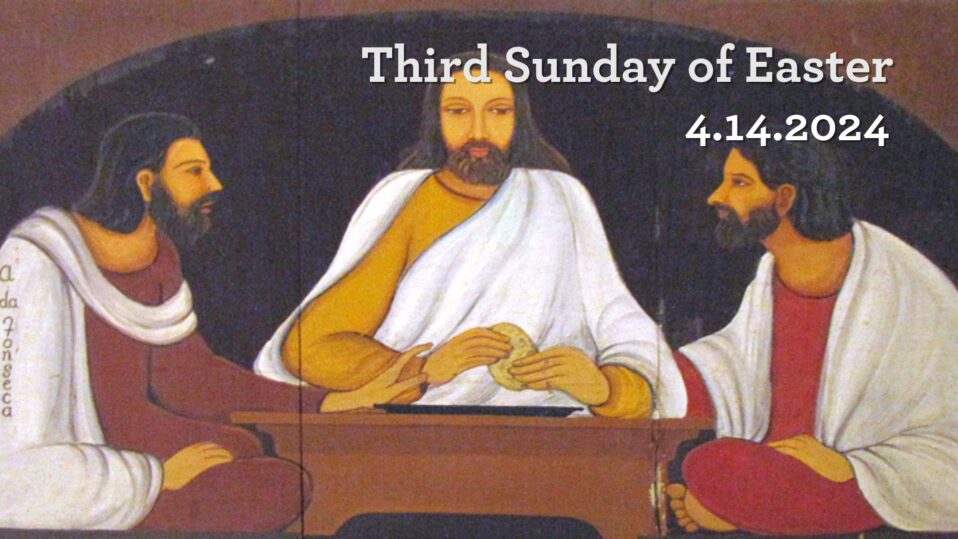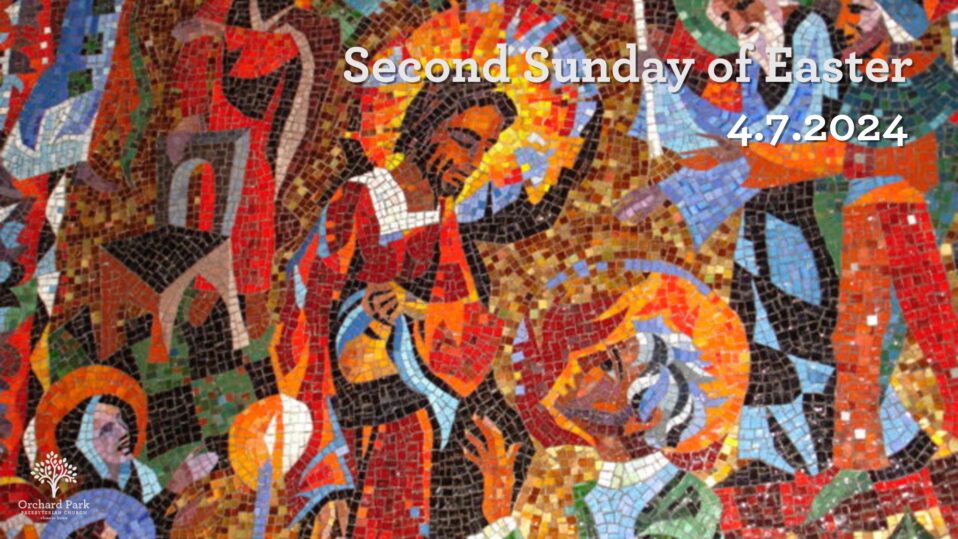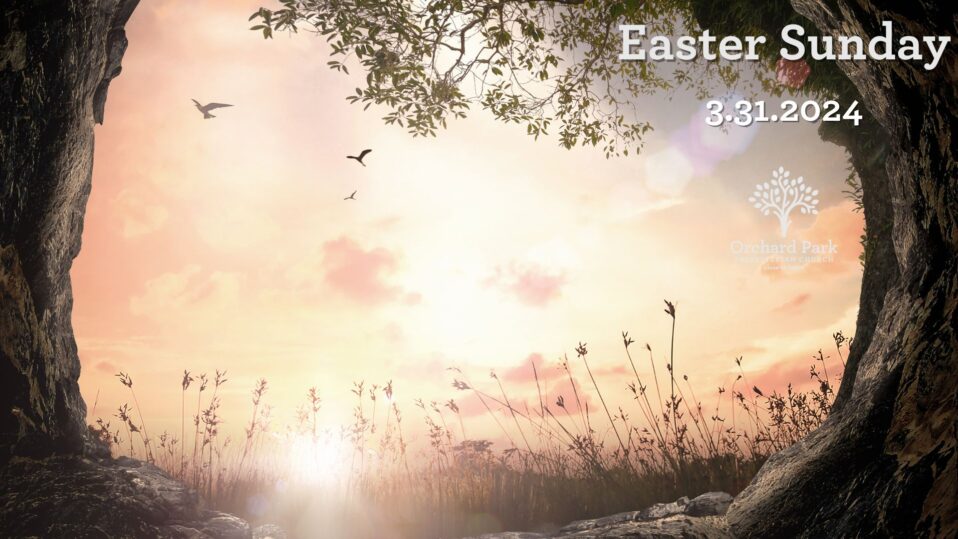John Calvin wrote that the Psalms are the anatomy of the soul. They are ancient songs, poems and prayers, written to God, about God and for God. God is the audience, written with the knowledge that God’s people are going to be listening in and hanging on to the words that are written. The Psalms are timeless and forever speak to the human condition. The Jewish people memorized hymns like we memorize song lyrics. Most notably Jesus quoted Psalm 22:2 on the cross, “My God, my God, why have You forsaken me?”
The Psalm we are going to talk about today is Psalm 40, and I invite you to open your Bible and look at it with me. The first thing I notice about the Psalm is it’s not written as an answer to prayer, as opposed to a prayer itself. It’s a testimony of a time that has now passed. Walter Brueggemann calls these poems “psalms of reorientation (or new orientation).” These psalms “bear witness to the surprising gift of new life just when none had been expected.”4 They recognize that the ship has sailed through the storm and a new shore has been reached. But having sailed through the flood and the hurricane, there is no going back to a naive harbor childlike “orientation.” These psalms speak for those who have been brought through a deep crisis. As such, they know that faith that speaks the truth can never pretend that all will always be well and that all is as it should be. And yet, they have experienced new life and grace — so they know that despair is not all powerful and evil does not have the last word.
It starts out with the author telling us where he has been. He says, he was in pit, in the mirey bog, and apparently he was there a good while, because he waited for God to pull him out.
Let’s stop there for a moment. Can you relate to this imagery? Has your soul ever been in a pit. Have you ever been stuck in the muck of life and wondered if you will be ever be set free? Waiting in the ER to be treated and for test results. Waiting at the BMV for your number to be called, only to discover you don’t have the right paper work. Waiting on the side of the road to fix a flat tire.
A few months ago we were driving to Ohio and came upon an accident that resulted in a fire and a fatality. The traffic was stopped and didn’t move for 6 hours. We slept on the highway between two smelly semis. All we could do was wait for the accident to get cleaned up and for the traffic to start.
This weekend we celebrate Martin Luther King day, and the legacy of Dr. King’s preaching and impact on our country and indeed the world. He wrote as he sat in Birmingham Jail, “For years now I have heard the word “Wait!” It rings in the ear of every Negro with piercing familiarity. This “Wait” has almost always meant “Never.” We must come to see, with one of our distinguished jurists, that “justice too long delayed is justice denied.”
Sometimes all you can do is wait. Wait for the treatment to end. Wait for the trial to be over. Wait for the weather to pass. Wait for the traffic to move. I think that was one of the challenges of March 2020, when we had to shut down, and wait… We waited and thought two weeks, two months, and surely, not two years and we all got impatient. We got impatient with each other. We got impatient with our routines being overturned. We got impatient with the hole mess of it all.
You can see the outcome of this impatience in our society. Today there are notices on windows outside of all sorts of business that basically tell us to be patient. I have spent more time than I would like in doctor’s offices lately and I was struck that in every waiting room and patient room there was sign that essentially said, be patient, be kind, and don’t be a jerk. That same sort of message was security at the airport. Be patient. Be kind. Don’t be a jerk.
I don’t remember those kinds of signs before 2020, at least not as prevalent as they are now. We have lost patience in the pit. Someone once said, It might be true that when God closes a door, someway he opens a window, but it’s hell in the hallway.”
This Psalm is written after the Covid restrictions have ended, after the treatment is over, after standing in line at security, when the author can see that God was there all along. It’s usually, almost always in hindsight when we realize that God has been with us a along. Notice that how the Psalmist sees what God did. He pulled him out of the of the put and put him on stable ground. He puts a new song in their mouth. And because of that he says many people will be in the same place, many people will know fear, but if put their trust in God, they will be restored.
Having faith in the pit is not so easy. Not everyone can sustain it and all of us can wonder if God will ever show up and get us on secure ground.
There are two things I want you to remember this morning, first God will never leave you in the pit of hell you sit. I once heard Tom Hanks in an interview say that his biggest learning in life is the phrase, “this too shall pass.” He said, you receive great accolades and awards, this too shall pass, you have a terrible press and controversy, this too shall pass. You live long enough, you realize that whatever is going on, this too shall pass.
Second, and this is the point of view of the Psalmist, when the storm passes, when you are pulled from the pit, recognize, and give praise to the God who lifted you up, pulled you through, stayed by your side, and was there all along. Sinfulness comes when we deny, ignore and or lack gratitude that God was there with us in the pit.
There’s a parable known as the man in the hole, it goes like this: “This guy’s walking down the street when he falls in a hole. The walls are so steep he can’t get out.
“A doctor passes by and the guy shouts up, ‘Hey you. Can you help me out?’ The doctor writes a prescription, throws it down in the hole and moves on.
“Then a priest comes along and the guy shouts up, ‘Father, I’m down in this hole can you help me out?’ The priest writes out a prayer, throws it down in the hole and moves on
“Then a friend walks by, ‘Hey, Joe, it’s me can you help me out?’ And the friend jumps in the hole. Our guy says, ‘Are you stupid? Now we’re both down here.’ The friend says, ‘Yeah, but I’ve been down here before and I know the way out.'” So, both men climbed out of the hole together.
When you find yourself stuck in the muck, take heed from these words from Psalm 40. Do not lose patience. Stay faithful. Stay faithful to our better angels and to what they call forth from us. Stay faithful to the eternal conversations of the human race that brings us closer to the truth. Stay faithful to the call to courage that summons us to witness to the common good even against great odds. Stay faithful to our standard of doing justice, loving kindness. Stay faithful to the imagination of a future we will never see.
3 I waited and waited and waited for God.
At last he looked; finally he listened.
He lifted me out of the ditch,
pulled me from deep mud.
He stood me up on a solid rock
to make sure I wouldn’t slip.
He taught me how to sing the latest God-song,
a praise-song to our God.
More and more people are seeing this:
they enter the mystery,
abandoning themselves to God.
Let us pray: Come Holy Spirit, empower us to be faithful, hopeful people in the world and in the world come as we patiently pray, come Lord Jesus. Amen.



